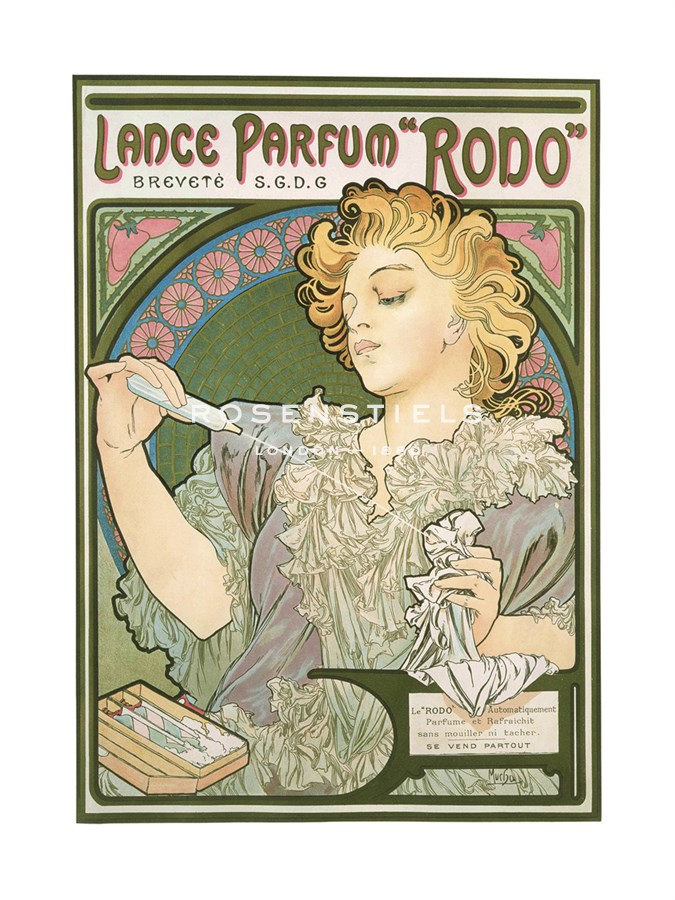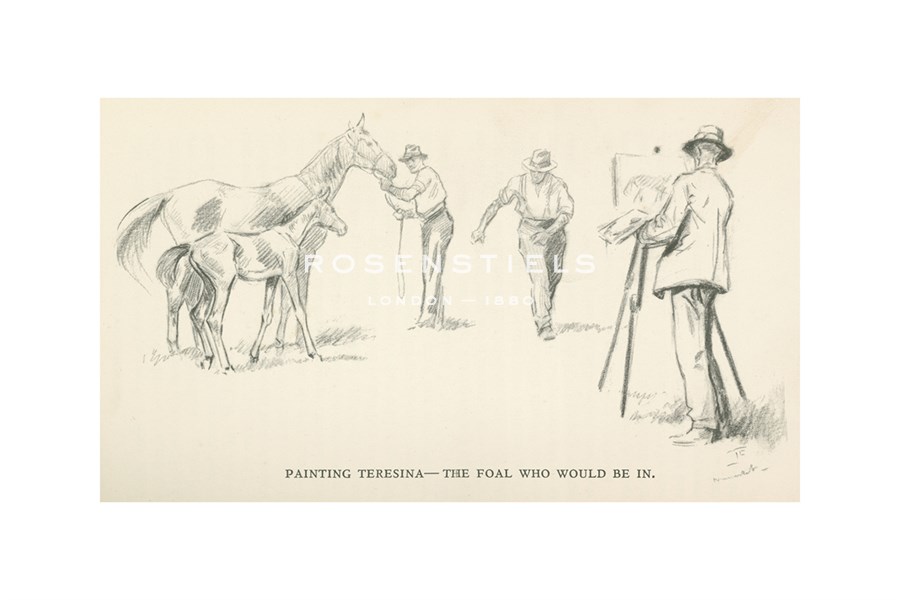
Winslow Homer Hand Numbered Limited Edition Print on Paper :"The Bridle Path, White Mountains"
Title: The Bridle Path, White Mountains
Dimensions (W x H ): Paper Size: 22 x 16 in | Image Size: 18 x 12 in
Edition | Medium: Each print is hand numbered, accompanied by a certificate signed by the Master Printer and is numbered to match the print. The editions are limited to 1880 copies. |
This Gouttelette print on paper is published with light-fast inks to BS1006 Standard onto acid-free calcium carbonate buffered stock, mould-made from 100% cotton and sourced from environmentally conscious paper suppliers. This product is exclusive to Rosenstiels.
About the Art: Superior Edition
About the Artist:
Winslow Homer was born on February 24, 1836 in Boston, Massachusetts. Largely self-taught, he is considered one of the foremost painters in 19th century America, and a pre-eminent figure in American art.
Aged 19, Homer was apprenticed to a Boston commercial lithographer and by 1857 his freelance illustration career was underway. He contributed to magazines such as Ballou's Pictorial and Harper's Weekly. His early works, mostly commercial engravings, are characterized by clean outlines, simplified forms, dramatic contrast of light and dark, and lively figure groupings; qualities that remained important throughout his career.
In 1859, he opened a studio in New York City, and began his painting career. Harper's sent Homer to the front lines of the American Civil War, where he sketched battle scenes and camp life. Although the drawings did not get much attention at the time, they mark Homer's transition from illustrator to painter. Back at his studio after the war, Homer set to work on a series of war-related paintings, among them Sharpshooter on Picket Duty, and Prisoners from the Front, which is noted for its objectivity and realism.
In 1875 Homer stopped working as a commercial illustrator. He travelled widely, spending two years (1881 – 1882) in the English coastal village of Cullercoats, Northumberland, where he rekindled his boyhood interest in the sea, and painted the local fishermen. These paintings are imbued with a solidity, sobriety, and earthy heroism which was new to Homer's art, and they presage the direction of his future work.
Homer continued to paint, mostly rural or idyllic scenes, throughout the 1870s and he gained acclaim in the late 1870s and early 1880s. He was also a member of the The Tile Club, a group of artists and writers who met frequently to exchange ideas and organize outings for painting. Homer's nickname in The Tile Club was The Obtuse Bard. Other well known Tilers were painters William Merritt Chase, Arthur Quartley, and the sculptor Augustus Saint Gaudens.
In 1873 Homer started painting with watercolours. His impact on the medium would be revolutionary. Homer's watercolour paintings exhibit a fresh, spontaneous, loose, yet natural style. Thereafter, he seldom travelled without paper, brushes and water based paints. Homer once remarked, "You will see, in the future, I will live by my watercolours".
Winslow Homer died on 29 September, 1910.















